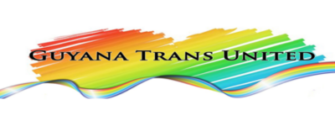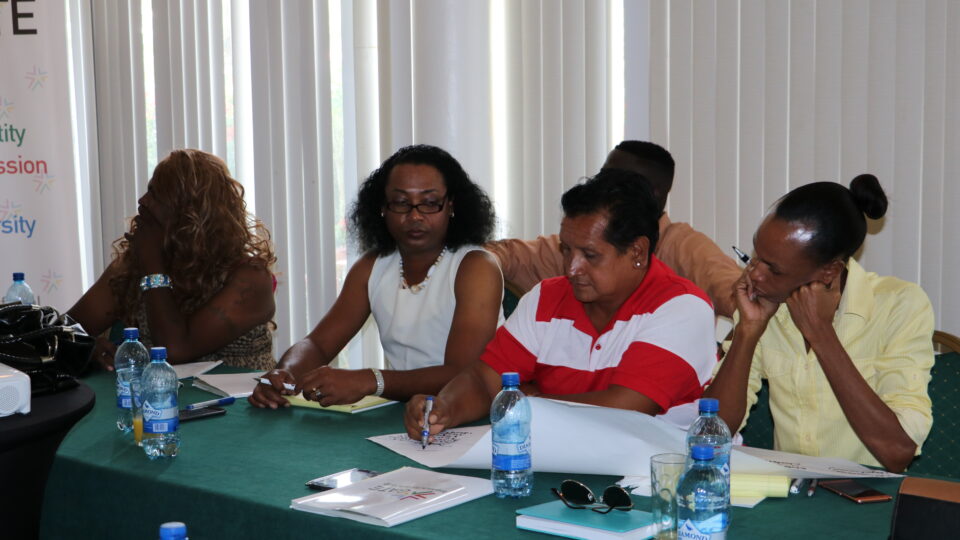Overview
In 2018, the HIV epidemic in Guyana was still considered to be generalized, with increasing evidence of a concentrated epidemic in several key populations, with transgender communities experiencing significantly higher prevalence at 8.4%. Tuberculosis is still reported to be one of the leading causes of mortality in Guyana due to communicable diseases, and malaria continues to be a major public health problem.
Even though Guyana is still considered eligible for HIV and TB funding due to its high disease burden, the country is being impacted by reduced funding from the Global Fund, PEPFAR and other key external funders. Thus, the country has started the process of putting in place transition and sustainability strategies. As part of this exercise, civil society and community leaders had the opportunity to engage in critical reflection on possible risks and opportunities. This led to the development of a plan of action in a process that was led by Guyana Trans United in 2017.
Building on this initiative, GATE hosted a 2-day workshop on 30 April – 1 May 2018 with trans leaders in Guyana that sought to facilitate dialogue, evaluation and planning in the context of the sustainability and transition of the Global Fund and other external funds. The exercise provided the opportunity for the participants to engage in discussions, forge a joint vision as a transgender community and identify risks and opportunities within the context of transition and sustainability. The outcome of this activity was to submit a Technical Assistance request to the Global Fund to build the capacity of the trans community in the Dominican Republic.
This Guyana Trans United (GTU) organizational case study shows how the transgender community, in particular the members of GTU, were able to learn, engage and plan effectively within the context of the Global Fund processes in Guyana. It highlights the collaboration between GATE and a regional trans organization and the links established for continued support to GTU through other regional Global Fund Technical Assistance initiatives such as the LAC Regional Platform, the Communities, Rights and Gender Strategic Initiative, and the International Council of AIDS Service Organizations.






